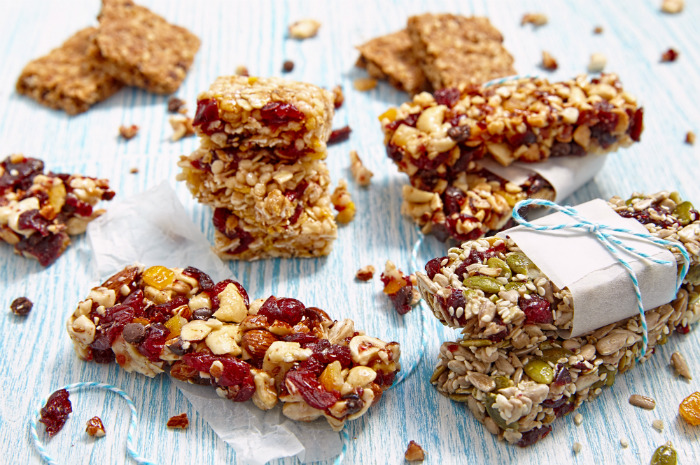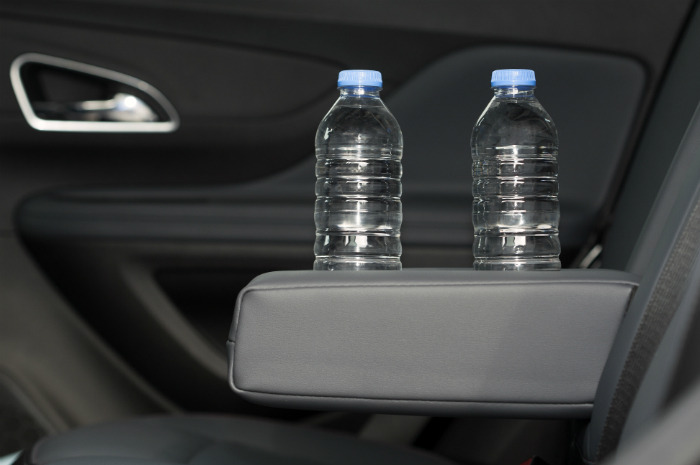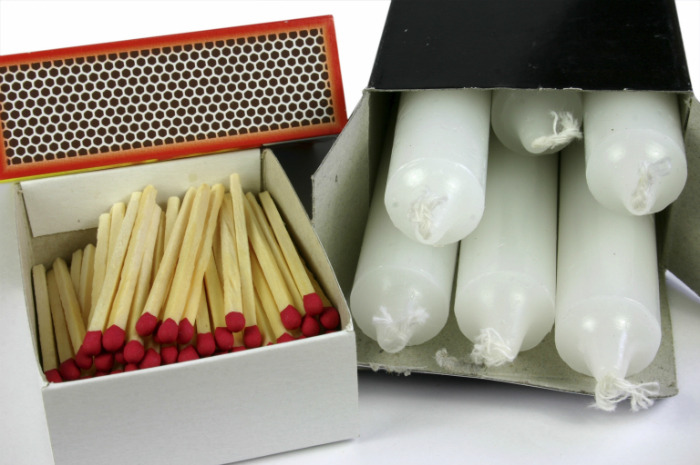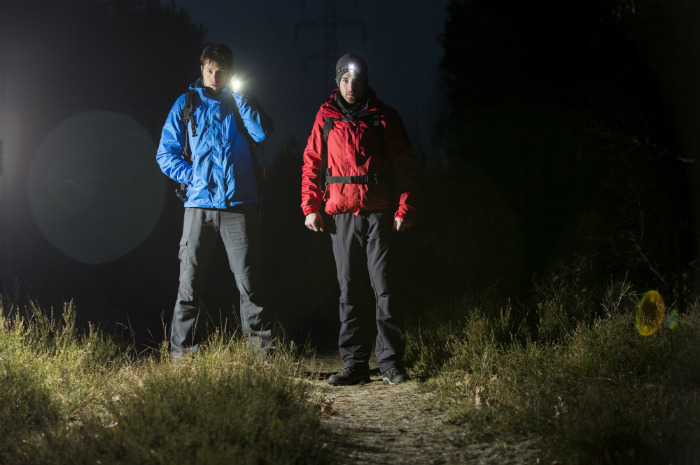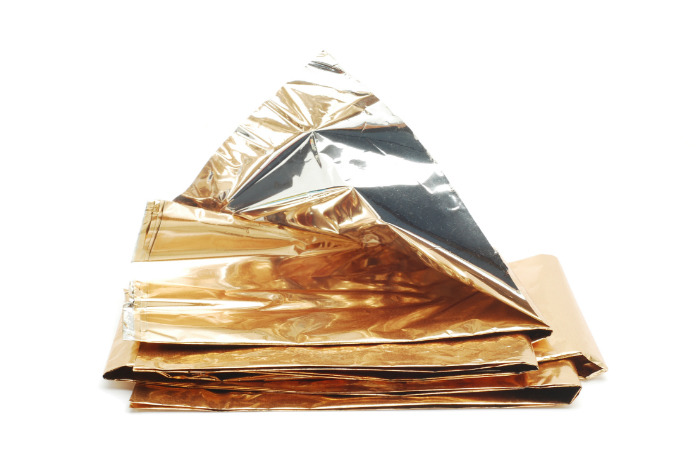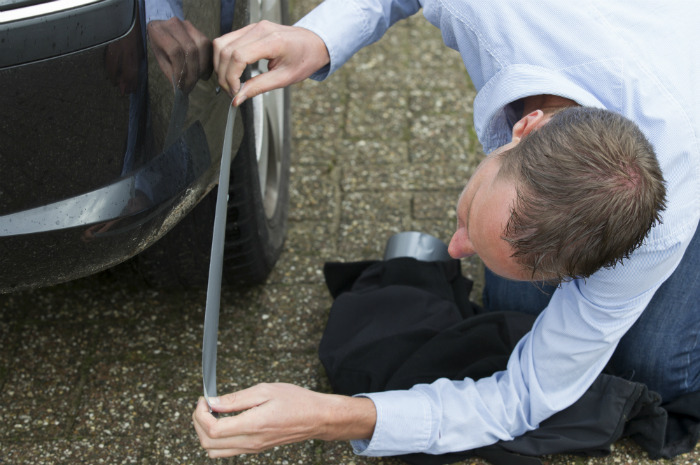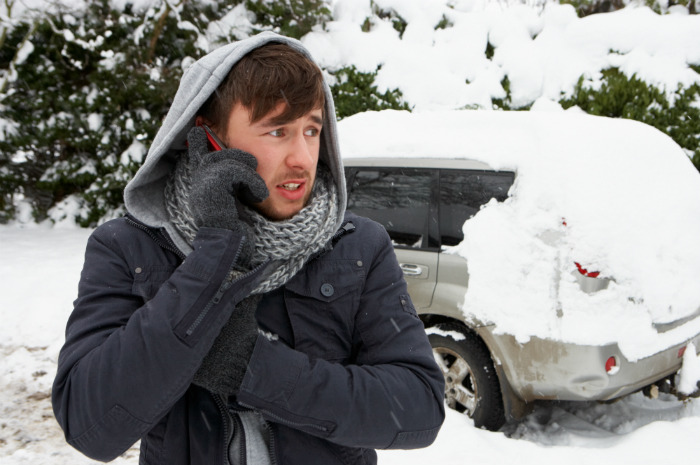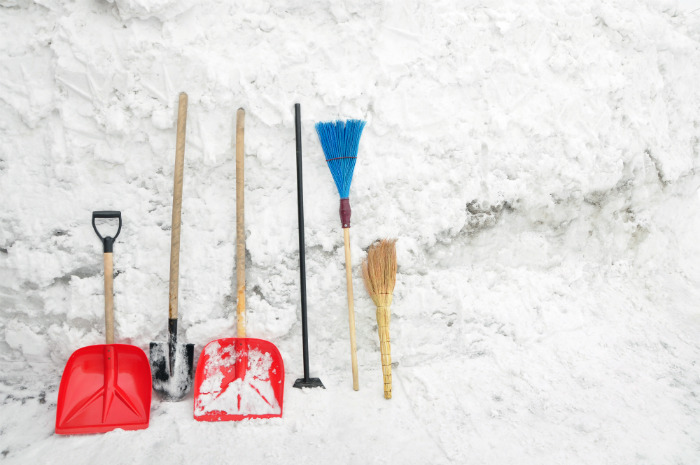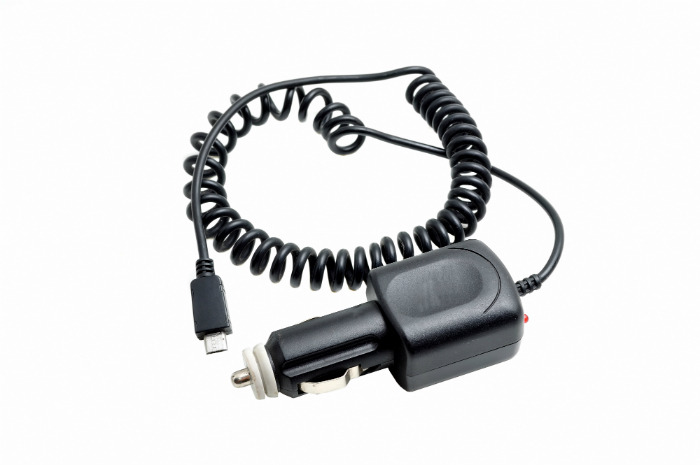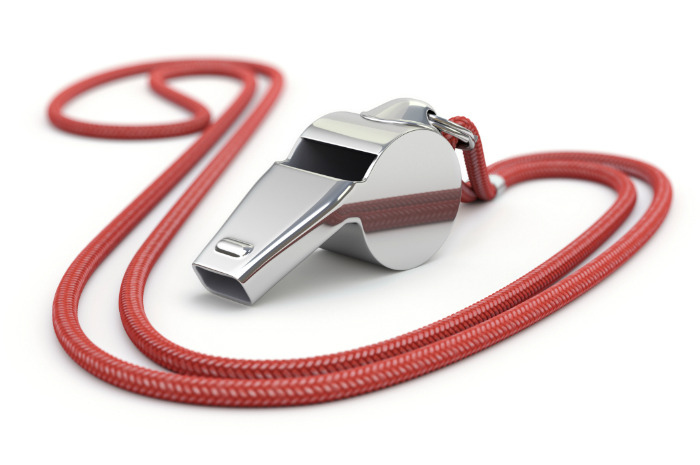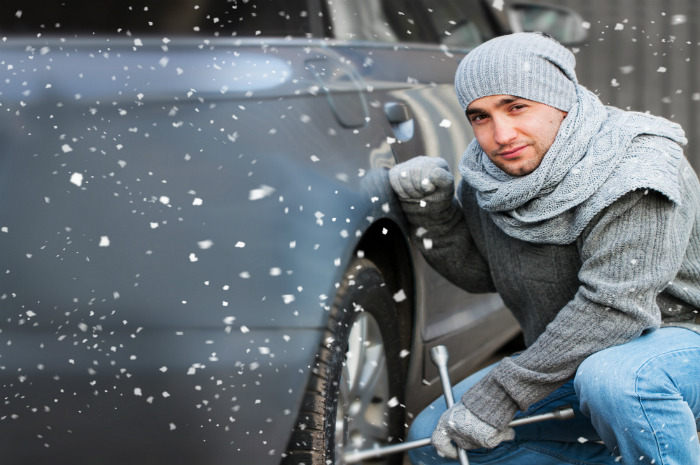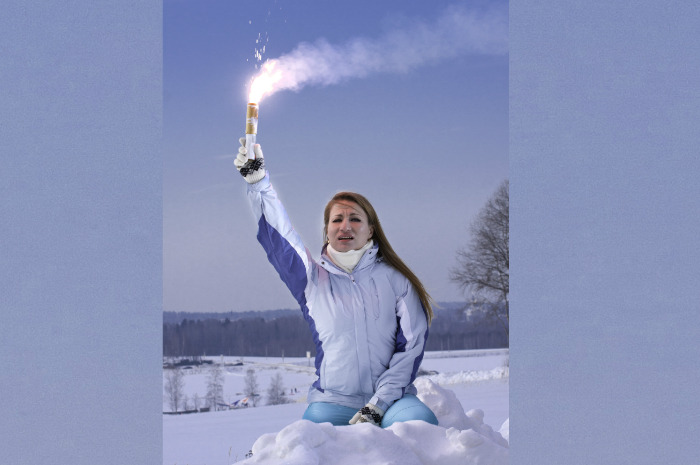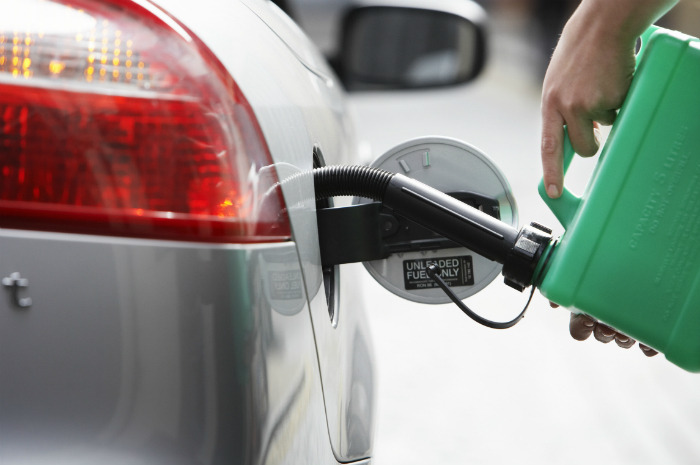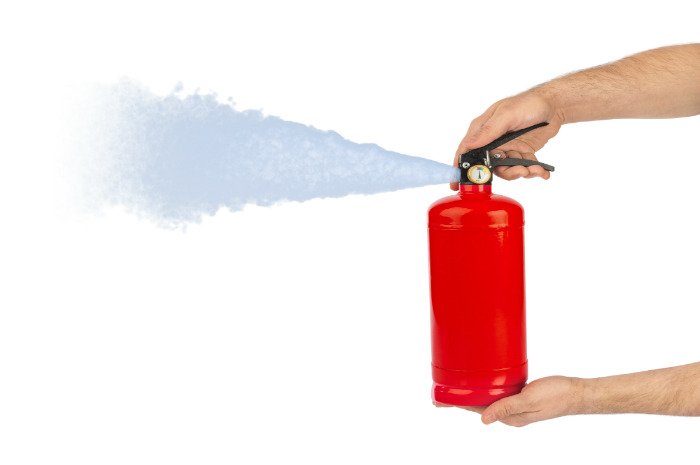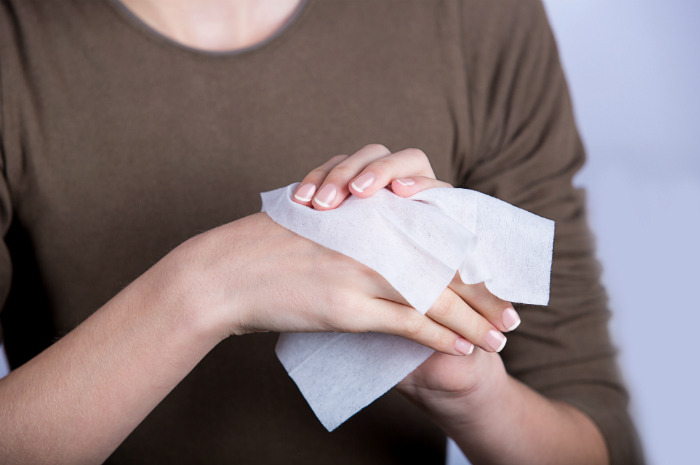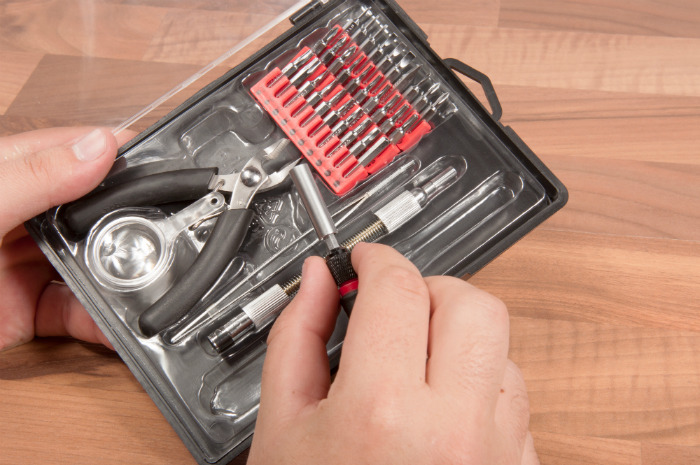Winter Survival Kit: 20 Items To Keep In Your Car
We may receive a commission on purchases made from links.
Who knows how long you're going to have to wait until help gets to you. What if there is a storm and even rescue teams can't reach you? You know that's quite possible if you watch movies. You need food regardless of whether you're standed for hours or days. The best snacks for these kinds of situations are high-calories energy and protein bars. A few can provide more than 2,000 calories to keep you nourished and energized without the refined sugar and sodium. The ER Emergency Food Bar is supposed to last you for three days.
2. Bottles of water
A top priority must be to stay hydrated. Don't buy gallons of water because they are too heavy and take too much space. Instead, get a pack of small water bottles that you can put anywhere in the car. You can find water containers in many different sizes. Make sure to carry a few extra refillable bottles just in case. They take very little room. Have a few purification tablets in case you get water from an untested source.
3. Survival candles and matches
Candles can serve multiple purposes and you should have a few in your car. It gets dark early in the winter. No one is going to see you if you're stranded off of a highway at 10 p.m. and your car battery has died. You have to bring attention to you but you also have to be able to see your surroundings. It'd be great if you could also stay warm somehow. You can use matches to melt snow for water. Candles may produce up to 75 to 85 BTUs per hour.
4. Headlamp or flashlight
You can't change a flat tire or install tire chains at night. A headlamp, or a flashlight at the very least, is a good item to have when you are in an unfamiliar place and you can't see anything. They are good for warning people of an accident. You can also use them for an SOS signal. Get a flashlight with a very bright bulb and make sure it's charged.
5. First aid kit
Bandages, antiseptic cream, hot and cold pack, sterile gauze pads, adhesive tape, tweezers, non-latex gloves, breathing barrier...Look for a kit that has all of these items. Add hand sanitizer, bulb suction device for flushing wounds and a thermometer. Know how to properly use all of them (but hopefully you won't have to).
6. Medication
Keep an extra pack of your medication in the car if you are taking any sort of prescribed drugs and you have to take your pills every few hours. The same goes for any medications if you have asthma or allergies.
7. Emergency or regular blankets
Your car breaking down in the middle of the road in the cold winter means no heater. Emergency blankets – you probably known them as "space blankets" – don't cost much. Stack the car with a few – at least one per passenger. Bring wool blankets, which are even warmer, as an alternative. They are best for moist conditions. It's a good idea to have chemical heat packs to put under the blanket.
8. Duct tape
Duct tape can do wonders. Use it to patch leaks until help gets to you. The radiator hose is probably cracked if your car starts overheating. Duct tape will fix that. It's great to reattach parts of the car that have come loose as a result of hitting bumps and potholes. All of these solutions are temporary but will save you a lot of trouble on the road.
9. Warm clothes and gloves
Put your skiing clothes in the trunk. Keep a jacket you don't wear often in there too. A hat, scarf, gloves, socks and anything that will keep you warm should be in the car as well. Don't skip the basics; it may cost you a finger or a toe. Don't forget to move a lot if you're stranded. Move your entire body to improve blood circulation and generate body heat.
10. Shovel or at least a broom
Winter weather is often unpredictable. You may get to your friend's country house just fine but a storm can drop a few feet of snow in a few hours. You need to shovel the snow so you can move your car. You may have to clear the road ahead of you. Store a shovel that can handle hard packs. It will help you to dig out in a pinch. Shovels come in different sizes. Keep at least a broom in the car if even the smallest shovel occupies a lot of space. The process of sweeping the snow away with a broom is slower but just as effective.
11. Pocket knife
A multi-tool, folding pocket knife can be everything you need. A folding Swiss Army Knife with four or five tools built into it is the ultimate choice. You can use it for minor repairs on the car, to eat, cut seatbelts if they get stuck (which is very dangerous), break one of your windows in case of an emergency, open cans, dry tree branches for fire, cut duct tape, etc.
12. Cell phone adapter and charger
Your first instinct is to call for help if you're ever in trouble. However, low temperatures drain the life out of batteries a lot quicker. Always have a plug-in unit or a hand-crank charger in your car. If your car battery dies, which is a realistic assumption in the winter, your car charger won't work. Keep a portable charger and leave it there.
13. Whistle
Nothing gets people's attention better than flamboyant sounds. People may not see the emergency lights but they will hear the loud noise. A whistle can help you get attention faster because it will "send" a signal for miles away. They can be heard even when it's very windy outside. Whistles can come in handy if the people who stopped to help you didn't turn out to be very Good Samaritans. Scare them away.
14. Spare tire
Unfortunately, many cars these days don't have spare tires. In fact, one-third of cars in 2015 were missing one, according to the American Automobile Association. This goal is to save on gas but it's not practical when you're on the road. An extra tire can save you hours waiting for help. You can drive up to 50 miles on a spare, enough to get you to a comfortable place where you can wait for help. At least have an emergency flat tire inflator canister if a spare takes too much space.
15. Emergency flares
They will help rescuers see you from far, far away because the flickering of the flare is very bright. Flares are the unanimous emergency distress signal. They will certainly make you stand out against all the whiteness surrounding you. Plus, flares self-consume so they are not dangerous. Make sure you at least have a reflective triangle.
16. Fuel container
One of the most common reasons people get stranded is because they run out of gas. Don't put yourself in that situation. Always make sure your tank is at least half full and that you have a small but full fuel container. You can also get a collapsible one so it doesn't take up a lot of space. You can use it and walk to a gas station.
17. Fire extinguisher
Cars catch fire...not just trees and houses. Pretty much everything in a vehicle is combustible – gasoline, diesel, batteries...Be the hero and have a small fire extinguisher in case you have to deal with sparks. Buy one that is rated for Class B and Class C fires by the National Fire Protection Association.
18. Paper road maps
This may be so 1985 but it can save your life. You can't access Google Maps to see where you have to go if your phone is dead or has no service. You don't want to take a chance in case you end up encountering a bear. You can also use the printed road maps as a heat source if you stuff them under your jacket or blanket.
19. Wipes or toilet paper
People forget about hygiene when it comes to survival. It's just not their primary concern. However, you don't have to get sick while you wait for help. Maintain proper sanitation just as you will when you're not in a bad situation. You'll eventually have to relieve yourself. There is no reason why can't do it right. Have a roll of toilet paper or baby wipes in the passenger compartment. You can use them to clean the car or other surfaces as well.
20. Small tool kit
You don't have to be a mechanic to have a good reason to keep a small tool kit in the car. Pick one with pliers, scissors, screwdrivers, duct tape, and a sharp knife. They will help with most quick fixes. Think of what you'll need to change a tire or tighten some bolts and keep these tools in the car.
